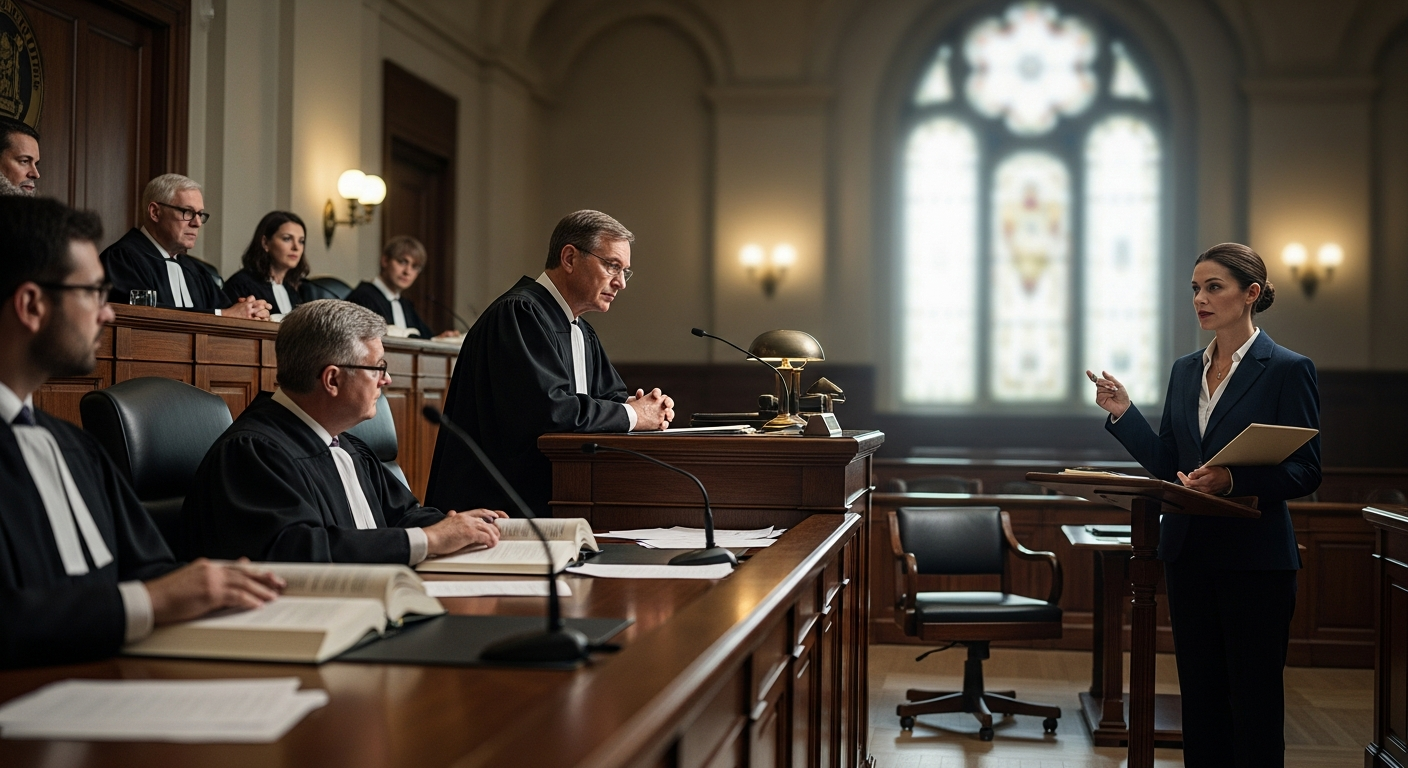Title: Diplomatic Immunity: Legal Shield or Controversial Privilege?
Introduction: In the intricate world of international relations, diplomatic immunity stands as a cornerstone of peaceful diplomacy. This legal concept, granting foreign diplomats protection from prosecution in their host countries, has been both a facilitator of international cooperation and a source of controversy. As global tensions rise and diplomatic incidents make headlines, the debate surrounding this centuries-old practice has intensified.

The Scope and Limitations of Diplomatic Immunity
While often misunderstood as a blanket exemption from all laws, diplomatic immunity actually varies in degree based on the diplomat’s rank and function. Ambassadors and their immediate family members typically enjoy the highest level of immunity, covering both criminal and civil matters. Lower-ranking diplomats may have more limited protections, particularly in civil and administrative cases. Importantly, immunity does not exempt diplomats from the obligation to respect local laws, nor does it prevent their home countries from waiving immunity in serious cases.
Controversial Cases and Public Perception
High-profile incidents involving diplomatic immunity have sparked public outrage and calls for reform. Cases of diplomats evading prosecution for serious crimes, including vehicular homicide and human trafficking, have led to questions about the balance between diplomatic necessity and justice. The 2019 case of Anne Sacoolas, an American diplomat’s wife who claimed immunity after a fatal car accident in the UK, reignited the debate over the extent and application of diplomatic privileges.
The Role of Diplomatic Immunity in International Relations
Proponents argue that diplomatic immunity is crucial for maintaining international dialogue, especially in times of conflict. It allows diplomats to operate in hostile environments without fear of politically motivated prosecution. Critics, however, contend that the system is outdated and prone to abuse, potentially shielding individuals from accountability for criminal actions. The challenge lies in preserving the core function of diplomatic immunity while addressing its potential for misuse.
Reform Proposals and International Dialogue
As incidents involving diplomatic immunity continue to make headlines, various reform proposals have emerged. Some advocate for narrowing the scope of immunity, particularly for serious crimes. Others suggest creating international tribunals to handle cases involving diplomats. The United Nations has hosted discussions on potential reforms, but progress is slow due to the complexities of international law and the reluctance of many countries to alter a system deeply embedded in diplomatic practice.
The Future of Diplomatic Immunity in a Changing World
As global dynamics shift and technology reshapes international interactions, the future of diplomatic immunity remains uncertain. The rise of cyber diplomacy and remote work challenges traditional notions of diplomatic presence and jurisdiction. Additionally, increasing public scrutiny and demands for accountability may pressure governments to reconsider the breadth of diplomatic protections. Balancing the need for diplomatic security with the principles of justice and accountability will be a key challenge for international lawmakers in the coming years.
In conclusion, diplomatic immunity remains a vital but contentious aspect of international relations. Its role in facilitating diplomacy is undeniable, yet the potential for abuse raises serious ethical and legal questions. As the global community grapples with these challenges, finding a middle ground that preserves the essence of diplomatic immunity while addressing its shortcomings will be crucial. The ongoing debate reflects the broader tensions between national sovereignty, international cooperation, and the pursuit of justice in an interconnected world.






